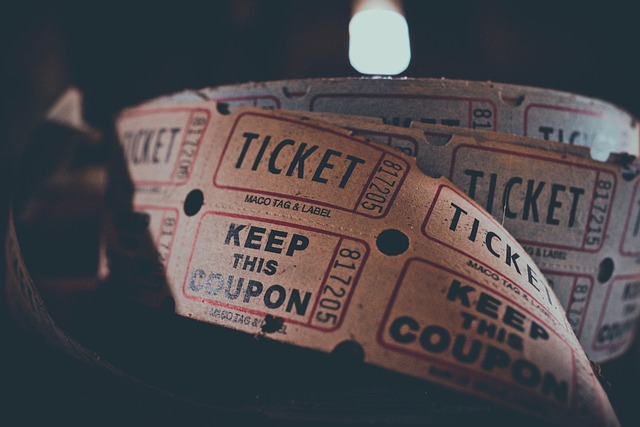Gambling has always had a mysterious allure, and for many, the excitement peaks when the topic of lottery broadcasts comes into play. These televised events bring the thrill of the possible—a chance to win life-changing sums of money with just a few numbers. As viewers gather around their screens, they feel a palpable tension in the air, an intoxicating mix of hope and anticipation. Lottery broadcasts serve as the gateway into this high-stakes world, where each drawn number can symbolize a dream igniting or fading away in an instant.
But while the glitzy appeal of lottery draws can be mesmerising, there are also significant risks involved in gambling. The vibrant lights and celebratory atmosphere of a lottery broadcast often obscure the harsh reality that many face when they engage in this pastime. In the United States alone, billions of dollars are spent on lottery tickets every year, but the odds of winning big are astronomically low. Studies show that only about 1 in 292 million ticket holders strike the jackpot in the Powerball game. Yet, even with these daunting statistics, millions flock to their nearest convenience store to purchase tickets, lured by the promise of wealth and success showcased on their TV screens.
Strategically, lotteries are designed to maximize revenue for state governments, which adds another layer of complexity to the gambling aspect. Participants are often unaware of how the lottery is structured, leading to a tendency to chase losses or senselessly purchase tickets with hopes of beating the odds. The addictive nature of gambling comes into sharp focus during lottery broadcasts, where the excitement can rally entire communities around the event, fostering a culture of hopeful players.” However, this camaraderie can mask a troubling reality, as countless individuals become ensnared in cycles of gambling addiction.
Understanding the psychological implications of watching a lottery broadcast is essential for anyone involved in gambling. The rush of adrenaline that accompanies each number drawn can compound feelings of anxiety and desire, leading to impulsive decisions. Often, people may convince themselves they are “due” for a win or that they can improve their odds simply by choosing specific numbers. This phenomenon is known as the gambler’s fallacy, where participants believe past outcomes affect future probabilities.
Moreover, the broadcasting of lotteries serves to perpetuate an unrealistic narrative surrounding wealth and happiness. The emotional highs and lows experienced during a live draw can take a toll on one’s mental health, particularly for those struggling with financial hardships. Viewers may experience feelings of jealousy or inadequacy when comparing their own lives to the seemingly charmed existence of lottery winners. While stories of newfound wealth can be inspiring, they create a false sense of normalcy regarding financial success that few actually attain.
As we examine the dynamics of lottery broadcasts and their relationship with gambling behavior, it becomes evident that awareness and education are crucial. It’s essential to approach the lottery as a form of entertainment rather than an avenue to financial salvation. Establishing strict budgets for gambling activities and understanding the odds can help mitigate risks associated with this thrilling yet perilous pastime. Responsible gambling should always be the goal, ensuring that enjoyment does not devolve into obsession.
In the realm of gambling, lottery broadcasts are both captivating and cautionary, providing an unfiltered look at a world where dreams are bought and sold. As you tune in for the next draw, remember to keep things in perspective: enjoy the thrill, but remain savvy about the risks involved.




